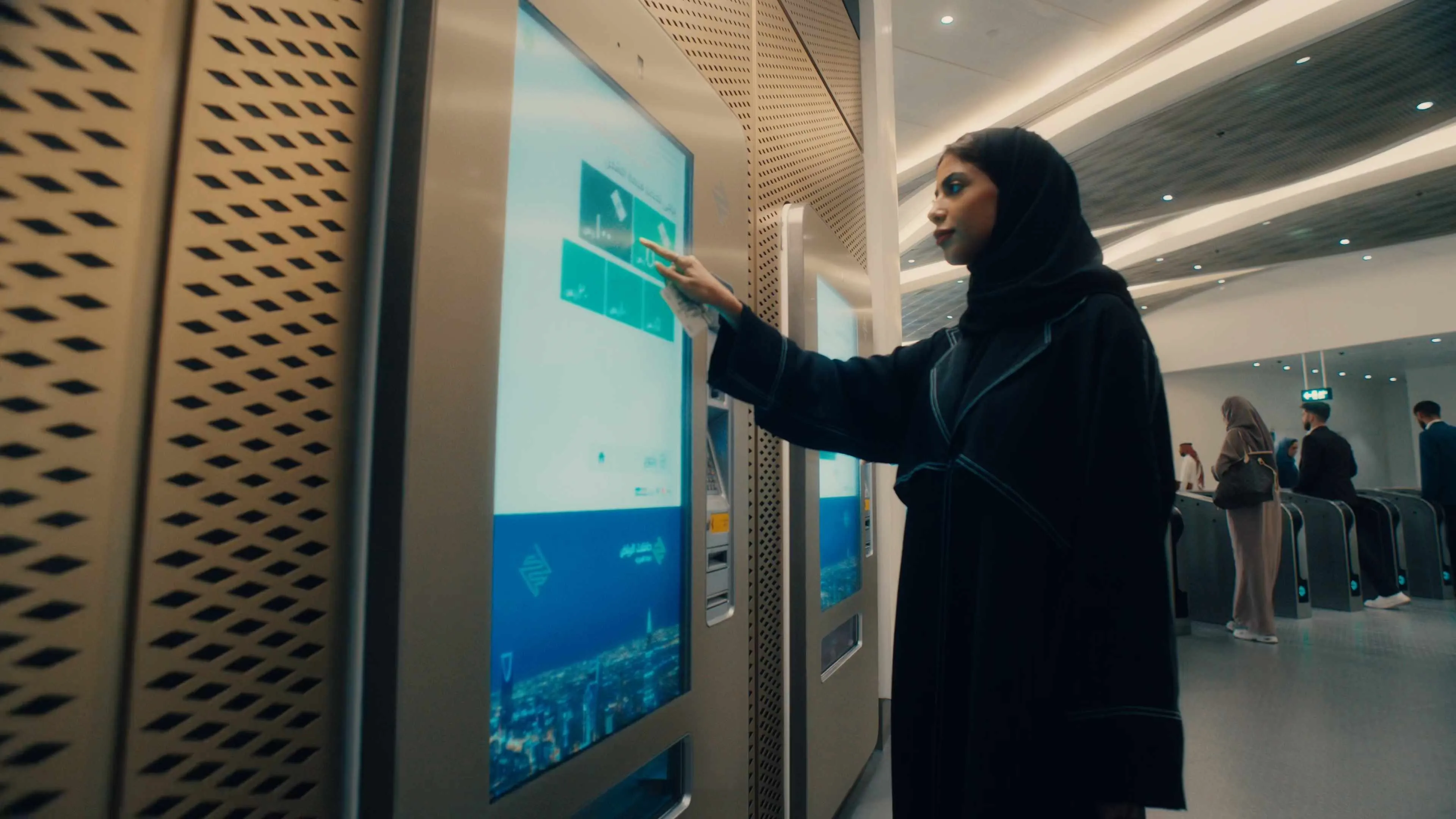A consortium led by Codiser and including Indra has been awarded a contract to build facilities and provide equipment to operate a 380 kilometre stretch of the east-west Algerian highway.
The contract, awarded by L’Algerienne de Gestion des Autoroutes (AGA), the organisation responsible for managing, operating, maintaining and servicing the Algerian national highway network, covers a stretch that links the cities of Hammam El Bibane and Bou Kadir, via the country's capital Algiers, in the central sectio
June 17, 2014
Read time: 2 mins
A consortium led by Codiser and including 509 Indra has been awarded a contract to build facilities and provide equipment to operate a 380 kilometre stretch of the east-west Algerian highway.
The contract, awarded by L’Algerienne de Gestion des Autoroutes (AGA), the organisation responsible for managing, operating, maintaining and servicing the Algerian national highway network, covers a stretch that links the cities of Hammam El Bibane and Bou Kadir, via the country's capital Algiers, in the central section of the three identified by AGA for the construction of the new 1,216 kilometer highway from the Tunisian border to Morocco.
Indra will be responsible for supplying and implementing technology for the traffic control centre and the toll and remote toll system for 141 lanes. The control centre will feature intelligent traffic systems (ITS), including a video surveillance system via closed circuit television (CCTV), as well as technology to automatically detect incidents, measure traffic levels, run meteorological stations and manage variable message panels.
These ITS systems will support permanent monitoring of highway traffic conditions, incident control and automated alarms to provide faster and more efficient services, as well as offering real-time information to drivers regarding traffic levels, journey times, suggestions and weather data, as well as other benefits.
The contract also includes maintenance of all systems for a three-year period.
According to Indra, this is a pioneering project in Algeria, with the east-west highway being the first in the country to feature latest generation traffic technology that meets the most stringent international safety and quality standards. The technology will help improve road safety and cut journey times, as well as driving down fuel consumption and benefitting the environment.
The contract, awarded by L’Algerienne de Gestion des Autoroutes (AGA), the organisation responsible for managing, operating, maintaining and servicing the Algerian national highway network, covers a stretch that links the cities of Hammam El Bibane and Bou Kadir, via the country's capital Algiers, in the central section of the three identified by AGA for the construction of the new 1,216 kilometer highway from the Tunisian border to Morocco.
Indra will be responsible for supplying and implementing technology for the traffic control centre and the toll and remote toll system for 141 lanes. The control centre will feature intelligent traffic systems (ITS), including a video surveillance system via closed circuit television (CCTV), as well as technology to automatically detect incidents, measure traffic levels, run meteorological stations and manage variable message panels.
These ITS systems will support permanent monitoring of highway traffic conditions, incident control and automated alarms to provide faster and more efficient services, as well as offering real-time information to drivers regarding traffic levels, journey times, suggestions and weather data, as well as other benefits.
The contract also includes maintenance of all systems for a three-year period.
According to Indra, this is a pioneering project in Algeria, with the east-west highway being the first in the country to feature latest generation traffic technology that meets the most stringent international safety and quality standards. The technology will help improve road safety and cut journey times, as well as driving down fuel consumption and benefitting the environment.








